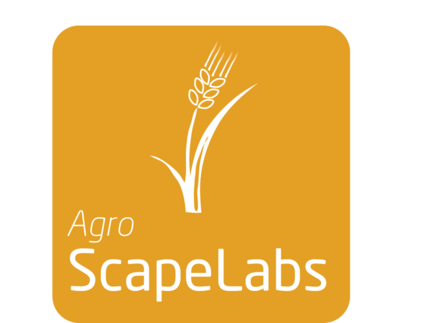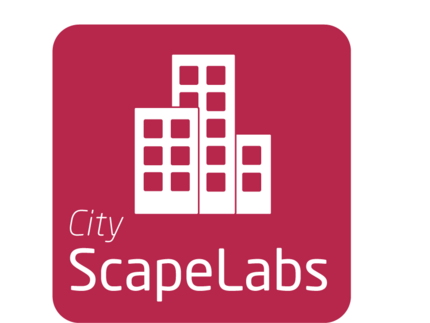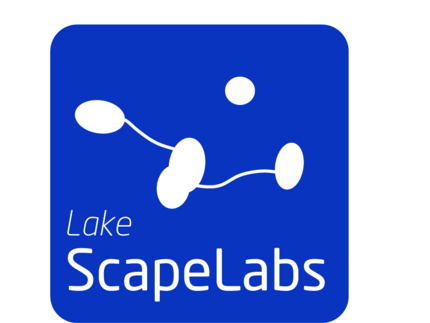ScapeLabs
ScapeLabs were developed as a joint cross-system experimental platform that represents a novel approach to expand experimental biodiversity research to the ecosystem and landscape scale. ScapeLabs allow to:
- link aquatic and terrestrial biodiversity and ecosystems,
- bridge scales from microbioal systems to real landscapes,
- capture degrees of anthropogenic influences on ecosystems ranging from near-natural to urban,
- link experiments and theory at the ecosystem and landscape level,
- include the full spatio-temporal context assessing and comparing genetic diversity and adaptation potential in different communities.
The explicit aim to combine modeling studies with the research conducted within the framework of different ScapeLabs allows synthesizing and transferring the research findings obtained for different ecosystems and landscapes. The ScapeLabs have been successfully established during the BIBS project:
AgroScapeLabs
The AgroScapeLab Quillow (ASLQ) provides an excellent infrastructure for interdisciplinary landscape research to conduct cross-scale experiments on multiple temporal and spatial scales. Past and current research activities address interactions between landscape structures, agricultural management, hydrology, biogeochemistry and biodiversity. Together with cooperation partners, ZALF is developing the ASLQ into a unique multi‐purpose landscape laboratory with international visibility.
CityScapeLabs
The CityScapeLab consists of study areas in the Berlin metropolitan area, which are used to research cross-scale and temporal-spatial ecological processes. In this overall highly urbanized area, ecological processes always interact with socio-economic demands and processes. The CityScapeLabs therefore primarily serve to record and predict ecosystem services in the dynamic field of conflict between people and their environment. Ecological research in the Berlin metropolitan area benefits from
- an established network of study sites on grassland and in ponds with varying degrees of urbanization.
- the systematic development, processing and interconnection of spatial data sets on current and historical land use, urban structures and on socio-economic factors influencing biodiversity.
- a common infrastructure for recording the spatial distribution and movement patterns of species.
LakeScapeLabs
The LakeScapeLabs are a decentralized structure of freshwater systems consisting of lakes, streams, and small ponds (kettle holes) used for researching the effects of climate change on aquatic organisms, their interactions and the ecological processes. LakeScapeLabs are partially embedded in the AgroScapeLabs (northern Germany) and the CityScapeLabs in Berlin. An additional focus is on Lake Stechlin, a deep clear-water lake in northeast Germany. The IGB has set up a system of 24 isolated mesocosms in the lake to conduct large-scale ecological experiments under realistic conditions, thus combining the advantages of field and laboratory research.



